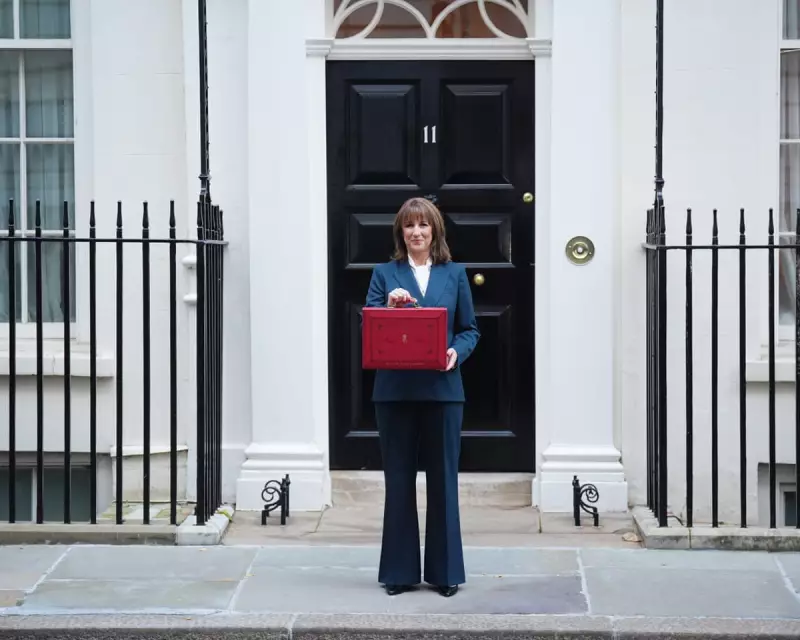
In a dramatic prelude to one of the most anticipated fiscal events in recent political history, Chancellor Rachel Reeves is poised to announce tax increases totalling £26 billion in her Budget 2025 statement.
Unprecedented OBR Leak Shakes Markets
The scale of the Chancellor's plans was unexpectedly revealed hours before her Commons speech, when the Office for Budget Responsibility (OBR) published its forecasts online. This highly unusual development sent immediate ripples through the financial markets, triggering a fall in government bond yields as investors digested the figures.
The leaked OBR documents show that Reeves' package of measures is projected to create £22 billion of fiscal headroom within five years. This represents a significant increase from the £9.9 billion reserve she left as a buffer in the spring, which has since been eroded by higher borrowing costs, welfare policy reversals, and a sharp anticipated downgrade in productivity forecasts from the OBR.
Key Measures in the Budget
The Chancellor is expected to address the substantial hole in the public finances with a wide-ranging set of tax policies. The centrepiece of this package is a three-year freeze on personal tax thresholds, a move that will gradually increase the tax burden for millions as inflation pushes incomes higher.
In a significant shift on social policy, the budget is also set to include the lifting of the two-child limit on benefits, a measure that will have major implications for family support payments.
Political and Economic Fallout
With the government under intense pressure, Reeves will use her critical speech to the House of Commons to lay out her strategy for stabilising the nation's finances. The surprise early release of the OBR's assessment, while causing a stir, ultimately provided a positive signal to the markets. The subsequent drop in bond yields indicates investor confidence that the Chancellor's plans will substantially improve the UK's fiscal position.
This Budget, heavily trailed and intensely scrutinised, now sets the stage for a new chapter in the government's economic policy, defined by significant tax decisions aimed at rebuilding financial resilience.





